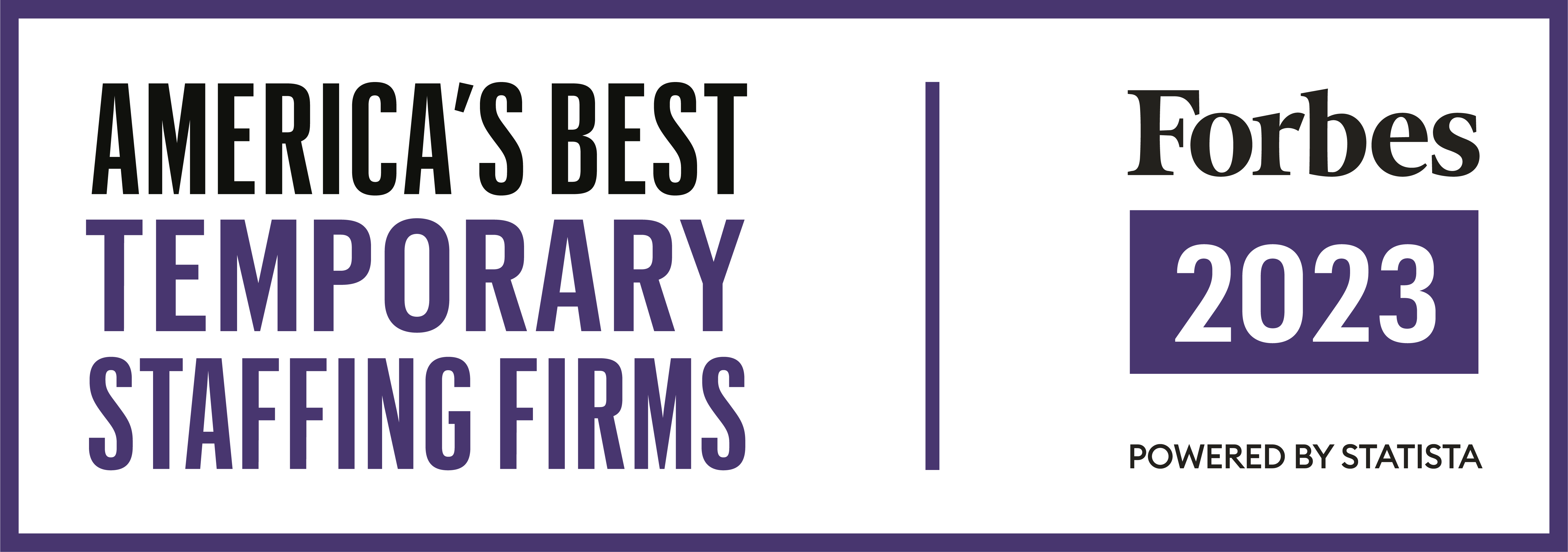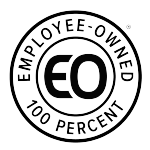With shorter days and colder weather, sometimes it’s hard to keep energy up in the winter. Get through the next couple of months by increasing workplace productivity with a few of these tips.
Get a Good Night’s Sleep
Everyone knows that sleeping well each night is a key contributor of how you feel during the day, but getting enough sleep has numerous benefits you might not be aware of. Getting an adequate amount of rest helps individuals have better judgment, clearer thinking, sharper memories, and happier moods. People who get their eight hours in at night are also less vulnerable to illness.
What Employees Can Do: Go to bed early enough to get a full night’s sleep when you know you have to work the next day.
What Employers Can Do: Set reasonable work hours for employees. Consider differing hours or shifts for early risers and night owls.
Be Active
One of the most important things people can do to keep energy up is to exercise. Working out boosts the immune system and makes you feel generally happier and more relaxed throughout the day. Employees who exercise before work are less likely to be tired or stressed. If you don’t have time before work, take a brisk walk during lunch. Walking increases energy, and getting outside will give you a needed dose of vitamin D, which also improves mood and energy.
What Employees Can Do: Incorporate exercise into your daily routine, and try to stay active during your workday.
What Employers Can Do: Consider implementing a voluntary fitness program with incentives for employees.
Watch What You Eat (And Drink)
Your diet can also impact your energy levels. People who eat breakfast generally feel more energetic when they get to work. Small snacks can also help, particularly if you choose foods high in protein and calcium. These foods will keep you feeling more alert for longer periods of time. Also, make sure you’re drinking plenty of water. Staying hydrated controls hunger, improves the immune system, relieves fatigue, enhances concentration, and prevents headaches. In small doses, and at the right times, caffeine can also lift energy.
What Employees Can Do: Be conscious of your regular eating and drinking habits. Keep a water bottle at your workspace.
What Employers Can Do: Provide appropriate snacks and treats at work functions. Have water fountains accessible to workers.
Take Breaks
While it may seem counterintuitive, taking short breaks actually increases productivity. Stepping away from a task or computer monitor gives employees a chance to clear their heads and gain a more objective perspective about projects. A ten-minute break works to increase concentration when you return to your task. Try not to skip lunch; it’s a good opportunity for the brain to recuperate for the afternoon.
What Employees Can Do: Use breaks appropriately, returning to work punctually.
What Employers Can Do: Make break times available to employees, and communicate break-time expectations.
Unsurprisingly, most of the things that keep people energized also keep them healthier. Not only will sleep, exercise, diet, and taking breaks help business productivity, they will also keep the workforce healthy. A healthier staff further increases efficiency, as workers take fewer sick days and feel up to the task of getting the job done.




